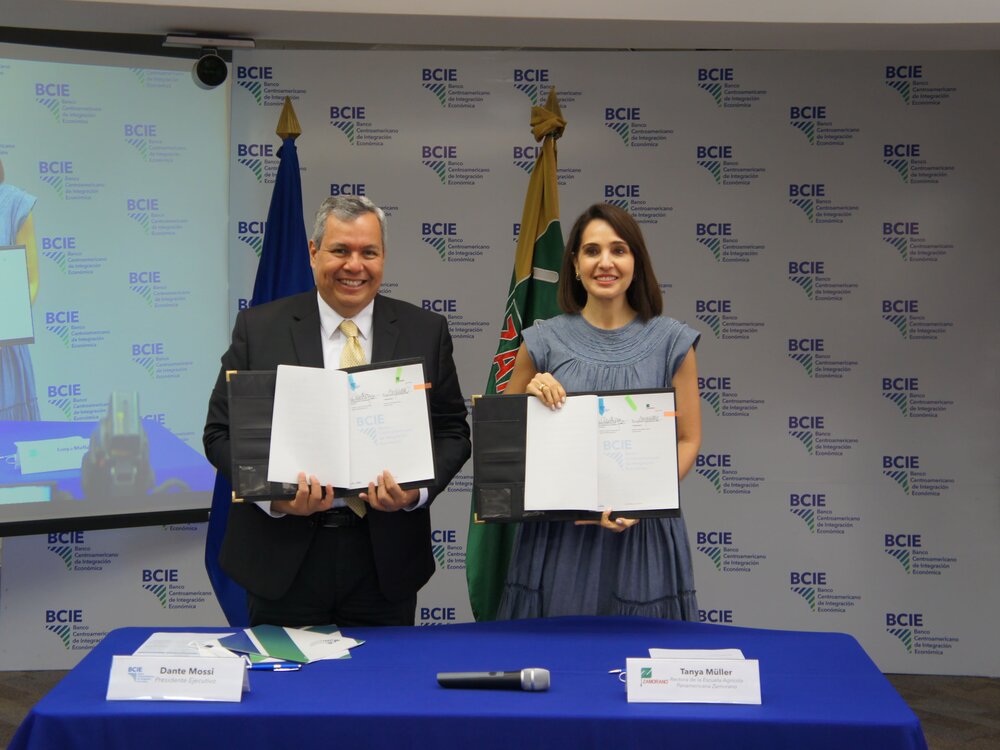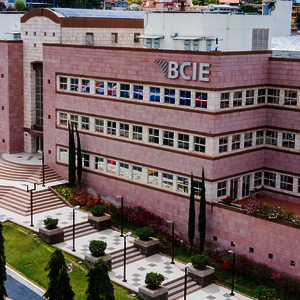CABEI and Escuela Agrícola Panamericana Zamorano formalize agreements to launch new educational, innovation and agricultural entrepreneurship opportunities

CABEI-Zamorano Foundation Scholarships and an Agricultural Innovation and Entrepreneurship Hub will promote the training of young people in sustainable agriculture.
Tegucigalpa, November 11th, 2022. - The Central American Bank for Economic Integration (CABEI) and the Zamorano Pan-American Agricultural School signed a memorandum of understanding and an agreement this Friday to promote education in the region, as well as agricultural innovation and entrepreneurship.
This is a non-reimbursable financial cooperation agreement that will cover the cost of a four-year undergraduate program at the Zamorano School. The CABEI-Zamorano Foundation Scholarship program will benefit up to 40 students from Belize, Guatemala, El Salvador, Honduras, Nicaragua, Costa Rica, Panama, Dominican Republic, Colombia and Cuba, for a total of up to US$844,000 from the CABEI Social Support Foundation Fund (CABEI FAS).
The second agreement is the signing of a memorandum of understanding for the development of the
“CABEI-Zamorano Agricultural Innovation and Entrepreneurship Hub," which will generate ecosystems that facilitate the exploration of business opportunities, the construction of networks and collaborative communities to strengthen the primary production sector and agroindustrial development, creating the conditions for the transfer of new knowledge and technology and, in turn, developing the capacities and skills of key actors to boost innovation and entrepreneurship.
Both instruments were formalized by CABEI's Executive President, Dr. Dante Mossi, and the Rector of the Escuela Agrícola Panamericana, Tanya Müller Garcia, at an event where Dr. Dante Mossi stressed the importance of education and innovation to train the new generations who will be in charge of the competitiveness of the region's countries in the future.
It is worth mentioning that CABEI, together with Zamorano, have visualized the establishment of this alliance to promote high social impact projects framed within the institutional strategy of both entities. These initiatives respond to the multilateral's actions in support of poverty reduction and improving the quality of life of citizens in the region.


![[Translate to English:] [Translate to English:]](/fileadmin/_processed_/e/3/csm_WhatsApp_Image_2024-04-18_at_2.12.23_PM__2__590ef43ade.jpeg)

